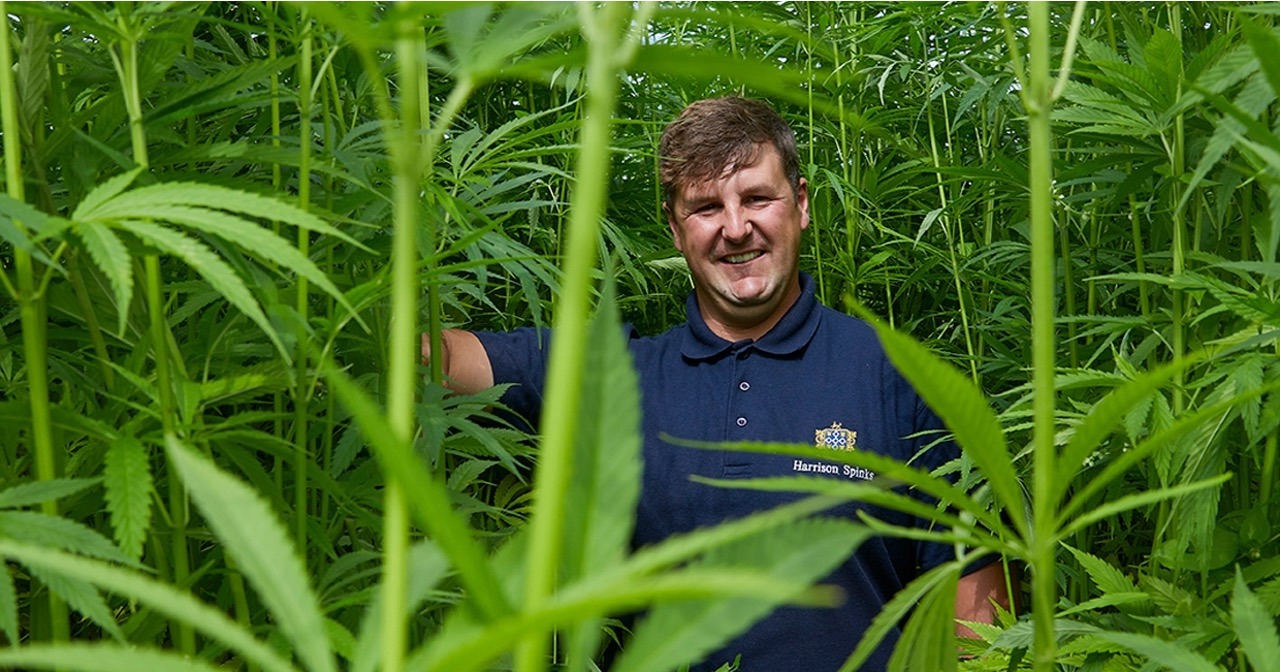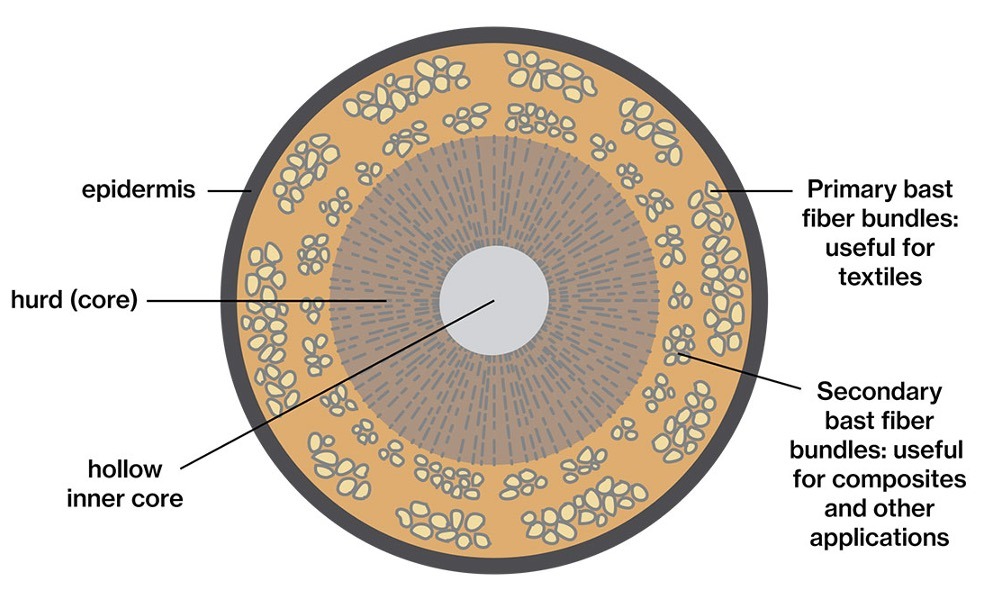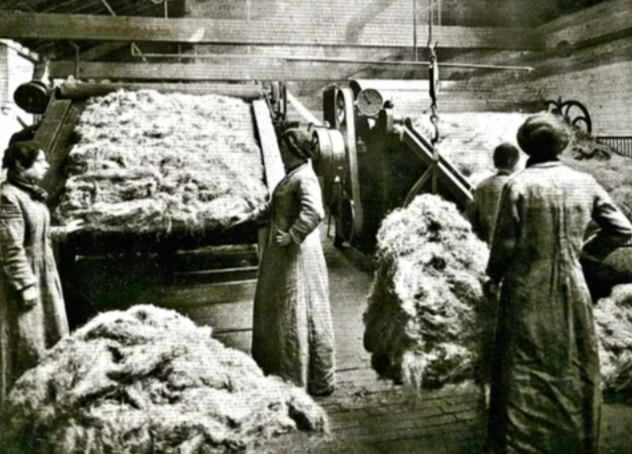Industrial Hemp
Hemp fabric has been used by humanity for thousands of years as a natural fibre, and is known for its durable fibrous strength. With over 20,000 uses, hemp has been used for industrial fabrics such as sails for ships, canvas, sacks, rope, bedding, cigarette filter papers, bio-composite plastic, organic compost, thermal insulation, concrete blocks and fibre reinforcement. The best thing about hemp textile crops is that the entire plant can be utilised to make other products.
Global Production
This video shows the top 10 of the largest hemp producing countries worldwide from 1961 till 2018. DPR Korea is the biggest hemp producer in the world, followed by the Netherlands and China.
Hemp is a plant that is capable of putting nutrients back into the soil and is extremely fast growing. Just one example is how hemp can produce 250% more fibre than cotton. Its natural resistance allows the crop to be grown without pesticides, herbicides and with minimal water use.
Hemp clothes often last longer than any other with natural resistance to mould, bacteria and ultraviolet light. Hemp has the ability to hold its shape well and will inevitably become softer after multiple washes. For the best result, use our hemp liquid detergent to wash your eco-friendly garments. This legume plant has an extremely high tensile strength and has one of the highest cellulose content out of many natural fibres.


Bast fibre hemp yarns today are usually blended with materials such as cotton, wool and silk to improve and diversify their performance properties. 100% hemp material can also be achieved but is used mostly for course upholstery materials in order to take advantage of its hard-wearing properties.

British Hemp Heritage
The British hemp fibre industry played a vital part in our world wars. The fibre was processed under traditional craft methods to create ropes, sails and uniforms which gave Britain a competitive edge during battles.